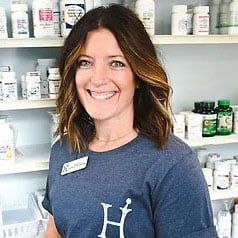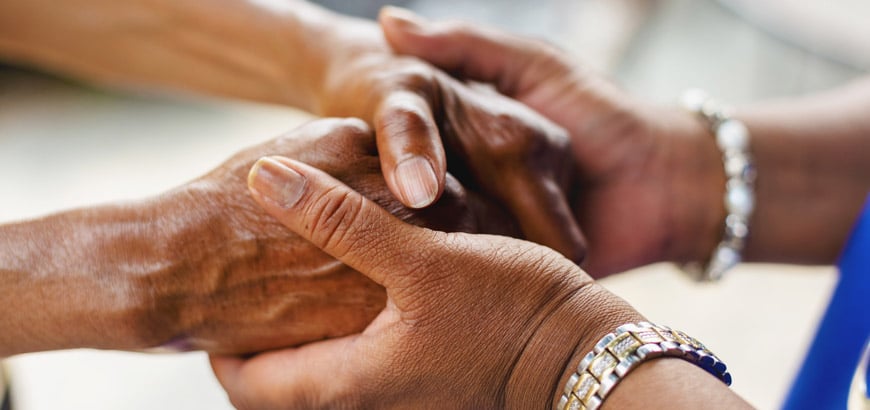Read time: 3 minutes
A person’s health is influenced by more than just their medical history. Education level. Literacy skills. Socioeconomic background. Where they live. These factors and many others can affect whether someone will have the chance to live a healthy life. That’s why McKesson is leading a new initiative aimed at incorporating Community Health Workers (CHWs) within community pharmacies to address these non-medical conditions, known as social determinants of health (SDOH), to help people across the U.S. to get the care they need.
One of the most natural settings for CHWs is within community pharmacies, which already serve as a much-needed resource in places that often lack access to healthcare services.
To that end, McKesson is supporting 120 scholarships for certified pharmacy technicians to participate in a 16-week CHW training program offered through CEImpact, an accredited provider of continuing pharmacy education.
These trained professionals work on the frontline of community care and guide patients through their healthcare journeys in different ways. They help patients navigate the healthcare system, find SDOH resources, provide informal counseling, and conduct community outreach and health education. And they do so all with the goal of enhancing access to health services, particularly in vulnerable or medically underserved communities.
“Trust is the cornerstone of community pharmacies,” says Nancy Lyons, BSPharm, MBA, CDCES, vice president and chief pharmacy officer for Health Mart, an independent pharmacy franchise which is part of McKesson. “For those who are based in rural or underserved areas, the pharmacy often serves as the closest – or only – healthcare provider.”
Through the interactive training that is specifically tailored to the unique challenges and opportunities of the pharmacy setting, pharmacy technicians have a pathway to advance their career and provide a differentiated service.
Lyons adds that as a CHW, pharmacy technicians can take on a greater role in patient care, participate in patient assessments, create referrals, augment the services of the pharmacist – ultimately making local pharmacies a natural setting for CHWs.
And, pharmacies have existing staff that share characteristics of successful CHWs.
“Pharmacy technicians are already trusted members of their community,” says Lyons. “Adding CHW skills will only increase the impact they can make.”
Lyons adds that the support of these scholarships from McKesson – in addition to other tools and solutions to build the skills of all members of the pharmacy team – align with McKesson’s vision to strengthen the overall health of pharmacies and elevate the role they play in people’s lives.

Abbie Hoefling, CPhT
For example, the CHW training has changed the way scholarship recipient Abbie Hoefling approaches her work as a certified pharmacy technician at an independent pharmacy based in Newton, Kans. Today, pharmacies often deal with prescribers denying medication refill requests due to patients missing an in-office appointment.
Rather than making assumptions, Hoefling instead asks questions that get to the root of why they aren’t making those appointments.
She learned that one patient didn’t have a ride to the doctor’s office, so Hoefling coordinated local transportation options. Solving challenges like these doesn’t directly involve medication, but it does make a difference in improving access to care.
“Patients know us and depend on us,” Hoefling says. “If I’m speaking with a patient or keeping in tune with what is happening in the pharmacy, I’m ready to help and offer resources so they can get healthy and stay healthy.”




Share
Post
Post
Email